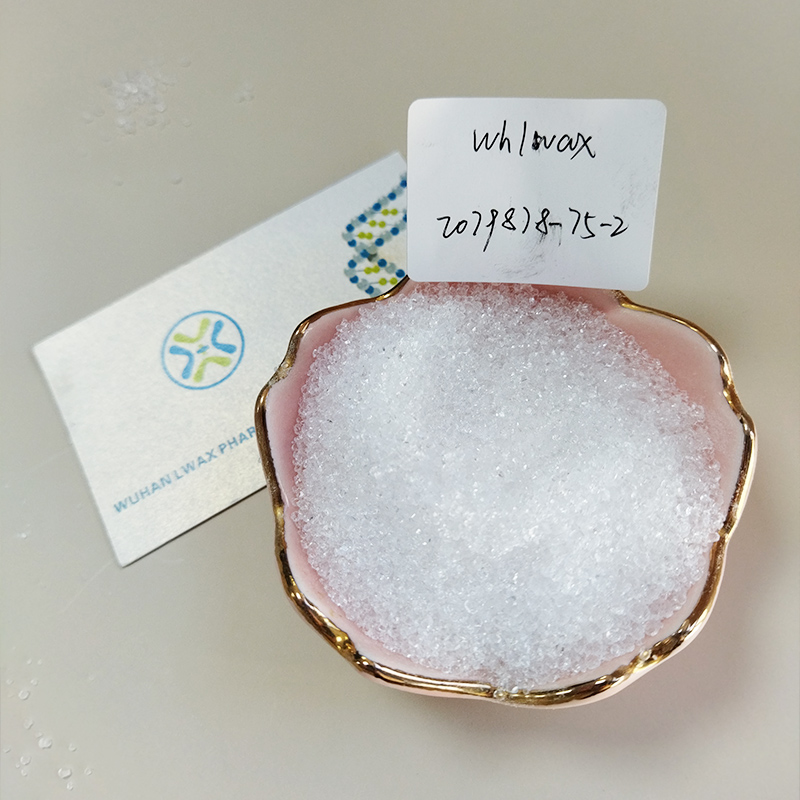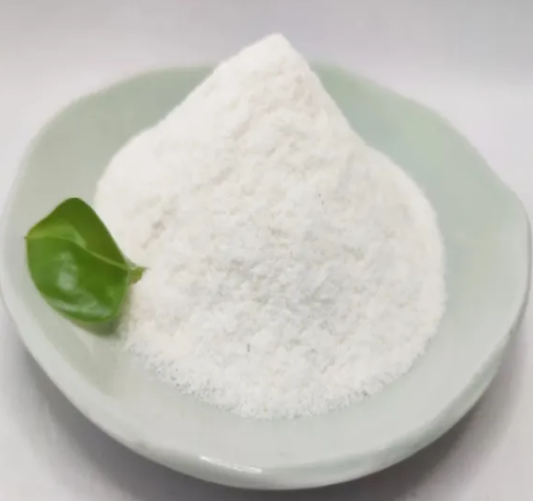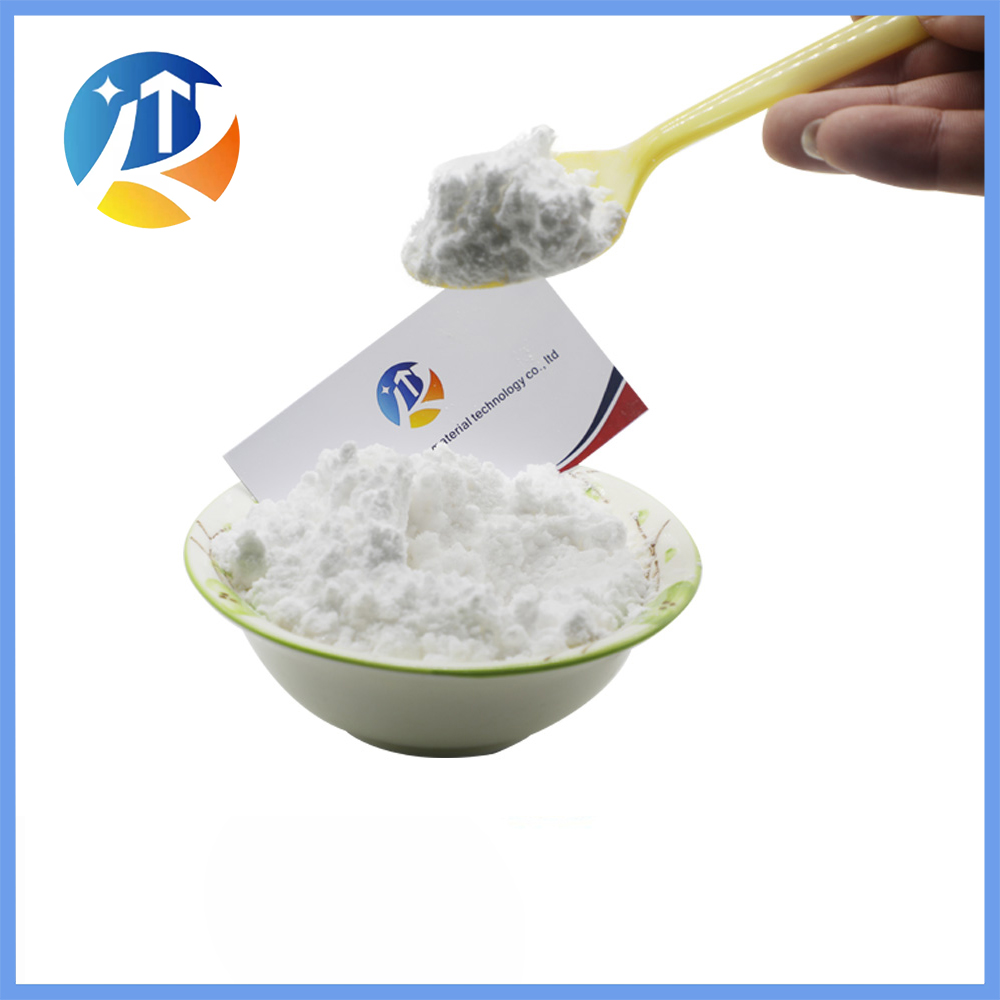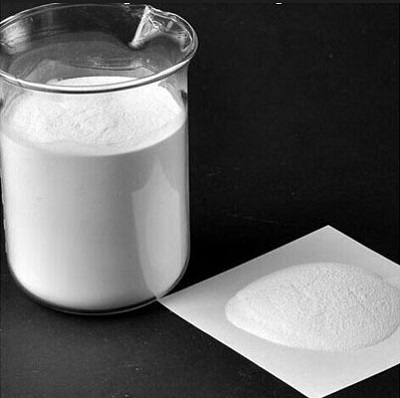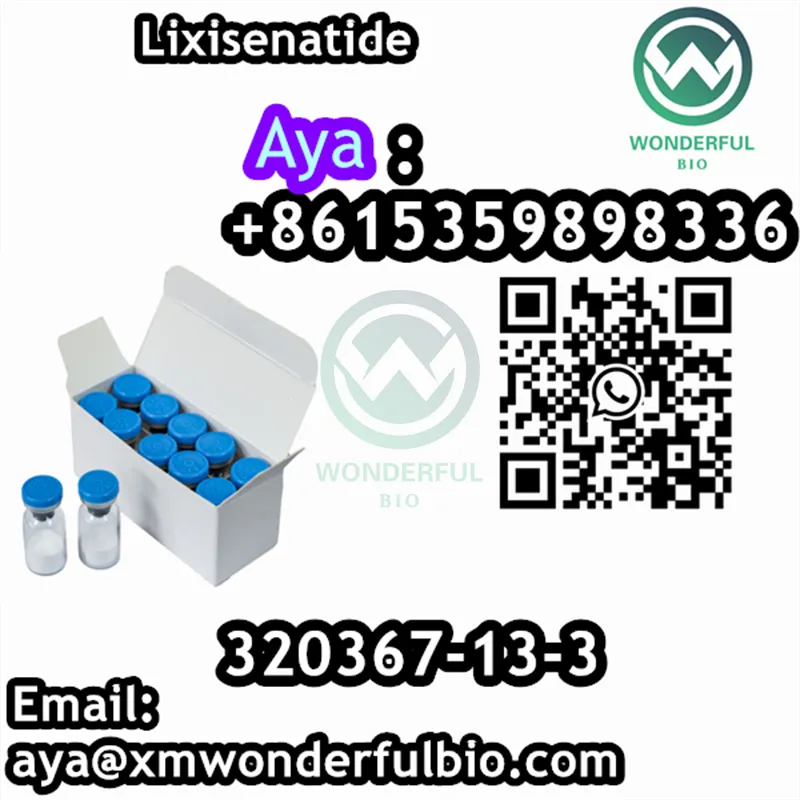Unlocking the Secrets: Understanding Research Chemicals
What are research chemicals and their uses? It's a question that often leads individuals down the intriguing path of scientific exploration and innovation. Research chemicals, or experimental chemicals, are substances utilized by scientists and researchers in various fields to study and understand their properties, effects, and potential applications. These compounds, often novel and not widely researched, play a crucial role in advancing our understanding of chemistry, medicine, and various scientific disciplines.
Delving into the Origins: Unveiling the Mystery
The origins of research chemicals trace back to the ever-evolving landscape of scientific inquiry. As traditional methodologies encounter limitations, researchers seek new substances to explore uncharted territories. This pursuit often involves synthesizing compounds not commonly found in nature, leading to the classification of these substances as research chemicals. The quest for innovation propels scientists to delve into unexplored realms, expanding the boundaries of knowledge.
Navigating the Landscape: The Process of Discovery
The process of understanding research chemicals is a meticulous journey characterized by systematic investigation and analysis. Researchers meticulously design experiments to uncover the properties, behaviors, and potential applications of these substances. This involves a comprehensive exploration of chemical structures, reactions, and physiological effects. Through rigorous experimentation, scientists unveil the mysteries encapsulated within these compounds, contributing to the advancement of scientific knowledge.
Related articles:What are the sectors of the cosmetic industry?
What is silver powder used for?
Exploring the Versatility of Artificial Grass Adhesive: Top 5 Practical Applications
Will Ivermectin Kill Fleas?
What Is A Graphite Electrode?
Xylazine: Understanding its Uses, Effects, and Risks
What are the uses of bleaching powder?
Significance and Impact: Pushing the Boundaries
The significance of research chemicals lies in their capacity to push the boundaries of scientific understanding. These substances serve as catalysts for innovation, offering new perspectives and avenues for exploration. In the realm of medicine, for instance, research chemicals may hold the key to developing novel pharmaceuticals with enhanced efficacy and reduced side effects. In the field of materials science, these compounds contribute to the creation of advanced materials with unique properties, paving the way for technological breakthroughs.
Ethical Considerations: Navigating Responsibility
While research chemicals offer exciting possibilities, ethical considerations loom large in their usage. Researchers bear the responsibility of ensuring the safe and responsible handling of these substances. Ethical guidelines dictate the need for transparency, informed consent, and adherence to safety protocols. Striking a balance between scientific curiosity and ethical responsibility is crucial to harnessing the potential of research chemicals while safeguarding the well-being of both researchers and society.
In conclusion, the exploration of research chemicals transcends mere scientific curiosity; it represents a journey into the unknown, a quest for knowledge that reshapes our understanding of the world. As researchers continue to unravel the mysteries encapsulated within these compounds, the potential for groundbreaking discoveries and transformative advancements remains limitless. Research chemicals, with their enigmatic allure, stand as beacons guiding us towards a future shaped by the relentless pursuit of knowledge and innovation.
Related articles:WHAT ARE SURFACTANTS AND HOW DO THEY WORK?
What does ammonium sulphate do to plants?
Unlocking the Potential of Wood Cellulose Fiber: A Comprehensive Guide
Custom Organic Synthesis Services Q&A: Tailoring Molecules for Scientific Breakthroughs
Unlocking the Potential of C3F6 Gas in Cutting-Edge Applications
Nonionic Surfactants Q&A: Everything You Need to Know
The Properties that Make Hydroxypropyl Methylcellulose (HPMC) Stand Out



